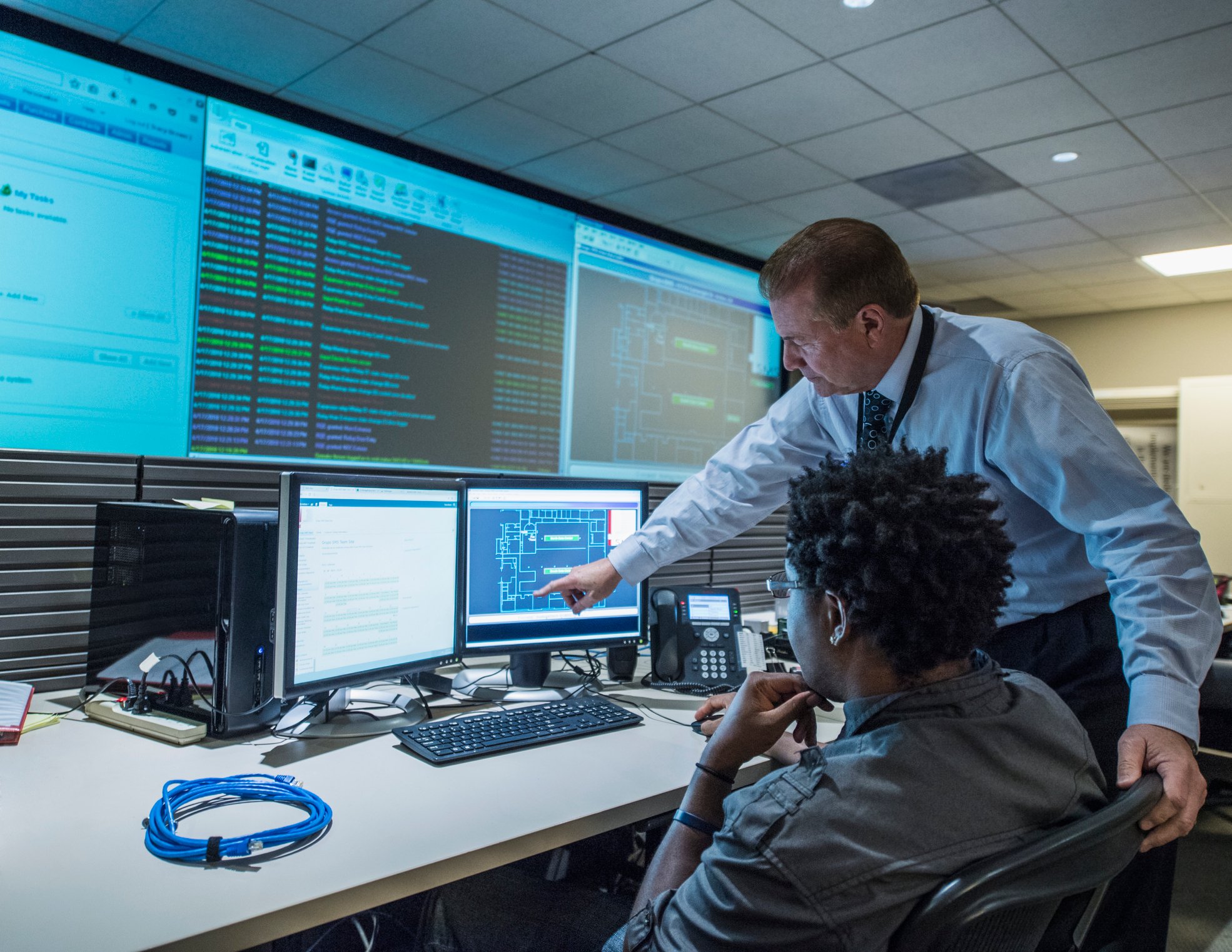
FireEye (FEYE +0.00%) is going down in flames.
At least, that seems to be what many investors think. Over the past 12 months, shares of the cybersecurity specialist have lost 33% of their value, despite a (slightly) rising market. But on Tuesday morning, one analyst climbed way out on a limb and declared a halt to the selling.
Bright and early Tuesday, ace analyst Citigroup announced it's upgrading shares of FireEye to buy, and raising its price target on the stock by $4, to $35. FireEye currently costs less than $22 a share, implying a possible 62% profit for investors who follow Citi's advice.
But should you follow Citi's advice?
What Citi said
After interviewing 51 chief information officers at various companies, Citi collated its results to come up with a series of reasons to be optimistic about FireEye -- both despite, and in part, because of, the stock's steep decline. Among these:
- "End-market demand" for software security products such as FireEye produces is "robust."
- FireEye's reputation in this market is "better than [Citi] expected, and potential FireEye customers are both (a) willing to buy stand-alone security products from multiple vendors, and (b) intending to spend on security in 2016.
- With analysts having largely ratcheted back expectations for FireEye's near-term performance, the company's 2016 numbers "look safe." I.e. Citi sees little risk of an earnings miss next year.
Most interesting of all, though, is Citi's argument in favor of FireEye stock having an attractive valuation today. According to data from S&P Capital IQ, FireEye is both currently unprofitable and free cash flow-negative -- which would seem to complicate the task of arguing the stock is a buy based on valuation. And yet, Citi tries, telling investors to look at the stock in terms not of price and earnings, but of enterprise value and sales instead.
So let's do that.
Valuing FireEye
At $3.5 billion in market capitalization currently, with $1.2 billion in cash and about $700 million in debt, FireEye sports a $3 billion enterprise value. Divide $581 million in trailing revenues into that, and the stock's EV/sales ratio is about 5.2.
Now, even Citi admits it cannot quite call this valuation a bottom. A similar EV/sales calculation applied to security software rival Symantec (SYMC 1.01%), for example, produces an EV/sales ratio of less than 2.0. On the other hand, Citi notes that FireEye is growing faster than many of its rivals. Analysts on average posit a 21% long-term profit growth rate for the company (whereas Symantec is pegged for only 5% growth).
At the other end of the spectrum, Check Point Software (CHKP 1.85%) costs nearly 10 times EV/sales -- and Check Point is only expected to grow at about 11% over the next five years. So there's a bit more of a compelling argument that FireEye is a relative bargain there.
E-valuating Citi
Why compare FireEye to these two rivals? Mainly because they're the closest two stock picks we see on Citi's Motley Fool CAPS scorecard, where we've been tracking this analyst's performance in the stock market -- and in the software sector in particular -- for nearly a decade now. Here are a few of Citi's representative picks of companies producing security software:
|
Company
|
Citi Said: |
CAPS Says: |
Citi's Picks Beating (Lagging) S&P By: |
|---|---|---|---|
|
Check Point Software |
Outperform |
***** |
74 points |
|
Microsoft |
Outperform |
**** |
(27 points) |
|
Symantec |
Outperform |
*** |
(59 points) |
As you can see, it's been a bit of a mixed bag for Citi. And yet, over the course of 10 years of picking software stocks (while we've been watching), Citi has racked up a respectable record of 55% accuracy on its software recommendations -- and outperformed the broader stock market by a combined 1,250 percentage points across 31 public picks.
The upshot for investors
FireEye is not at all the kind of stock I'd ordinarily pick for my own portfolio. The company has never earned a profit, it's only rarely (and barely) ever generated positive free cash flow. And it operates in the fast-changing tech sector, where new rivals emerge every day, and competition is fierce.
Nonetheless, the stock is recommended by The Motley Fool, intensely popular on Motley Fool CAPS (with CAPS members giving it a full five-star rating, the best score possible). Now, we find an ace software analyst recommending it in Citi. While I'd much rather wait and see this company demonstrate an ability to earn -- you know, an actual profit -- before investing in it myself, I can see why other investors, less risk averse, would be willing to take a flier on the stock.
I don't fully agree with Citi's argument, or its cobbling together of an EV/sales argument to support a stock just because there's no possible way to argue in its favor with a P/E analysis. But I'll admit -- based on the numbers I see, at least there is an argument to be made.





